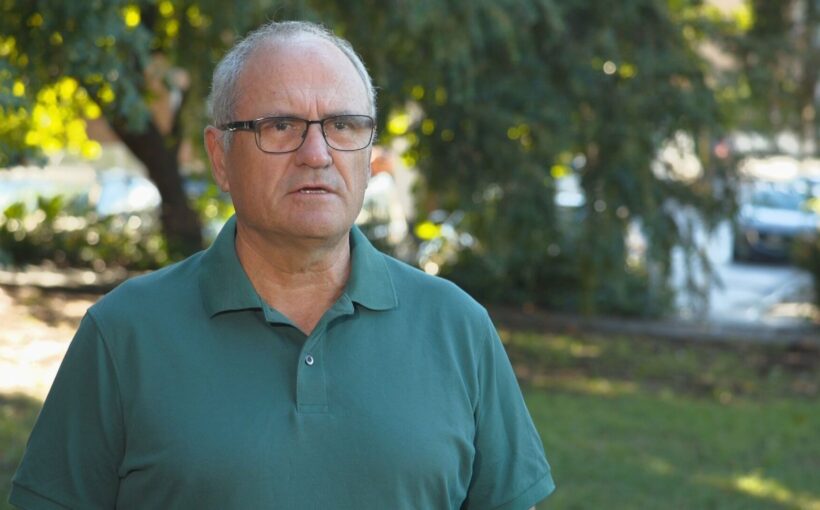Former Treasury Secretary Ken Henry has backed an urgent overhaul of the HECS system, saying it is worsening the inequality gap between younger Australians and older generations.
In an interview with 9News, Dr Henry has urged young Australians to demand change, saying soaring HECS debt was one of many “unfair” aspects of the economy and the tax system.
He said young Australians were being priced out of the housing market while also being expected to pay more in tax and student debt, on top of picking up the tab for the costs of climate change.
“There’s unfairness affecting young people almost wherever you look,” Dr Henry said.
“And so the fact young people are burdened with HECS debt on top of all the other things that I’ve already mentioned – that is demonstrably unfair.”
HECS debts were indexed by 7.1 per cent in June last year, meaning many Australians paid more than their mandated repayments due to interest.
According to the Australian Tax Office, three million Australians owe $74.4 billion in HECS, with an average debt of $24,700.
HECS debt grew by a whopping $5.3 billion on June 1, 2023.
When asked if he believed indexation of HECS should be adjusted, Dr Henry told 9News: “We have to do something, right. I think the whole system needs changing.”
“When the HECS system was introduced (in 1989), it didn’t appear too bad because other things were working properly,” he said.
“When it was introduced, young people could look forward to a standard of living higher than that enjoyed by their parents, much higher than grandparents. They can’t any longer.”
Expectant mother Isabella Clark has been struggling to get on top of her payments since she finished her university degree in 2014.
“It went up to $90,000 last year which is a massive jump from the $61,000 I originally started with,” she said.
The 31-year-old from Wombarra in New South Wales is concerned that figure will continue rising, when she’s on maternity leave.
“I put off having kids for a while because I was worried about this massive debt – it really affected my borrowing power,” Clark said.
“Having something that goes up every single year that you can’t do anything about even though you’re constantly paying it off is just so stressful.”
Financial Advisor Vince Scully says a big HECS debt diminishes purchasing power and said people should adjust their expectations when buying a home.
“On a $90,000 income a single person could borrow about $466,000 with no HECS and that would drop to $415,00 with HECS.”
Independent MP Monique Ryan is leading calls to change the way indexation is measured.
Her petition – which launched last month – has already garnered more than 236,000 signatures.
“It’s a significant issue,” Ryan said.
“It’s an urgent issue and it’s something the government really needs to take action on in the May budget.”
When asked by 9News the treasurer confirmed the Federal Government is currently considering all of the recommendations made by the Universities Accord.
Treasurer Jim Chalmers acknowledged the HECS system is “not perfect”.
“If we can afford to do more to help more students into university and TAFE, obviously that’s something we’re prepared to consider,” Chalmers said.
Dr Henry, who in 2009 oversaw a review of the tax system for the Rudd Government, said intergenerational inequities meant the need for tax reform was ever urgent.
“A smaller proportion of the population – that’s young workers – are having to shoulder an increase in government spending that is occurring quite rapidly,” Dr Henry said.
He said young Australians were shouldering that tax burden through “bracket creep”, where real income does not increase because more of their income is swallowed up by personal income tax.
“These are the same people who have had no increase in real wages on average in the past decade,” Dr Henry said.
“They’ve been priced out of the housing market and this is the same generation who is going to have to pick up the urgent costs of dealing with climate change. These tasks are inescapable.”
Dr Henry said incremental tax reform was not enough.
“100,000 years of incremental reform would not get us to where we need to be in five years – that’s how much time we’ve got, five years. So we’re going to get some very big things.”






